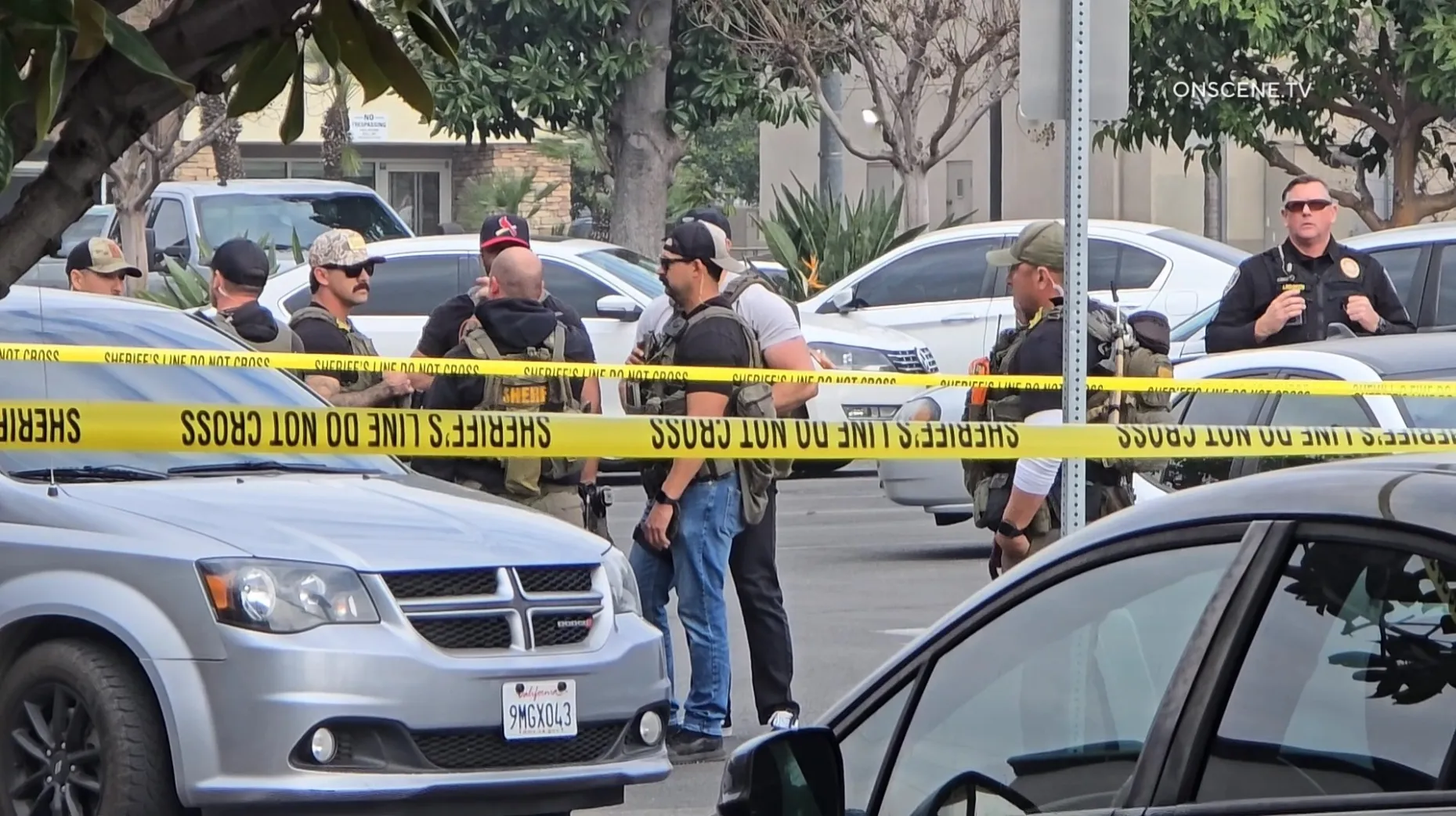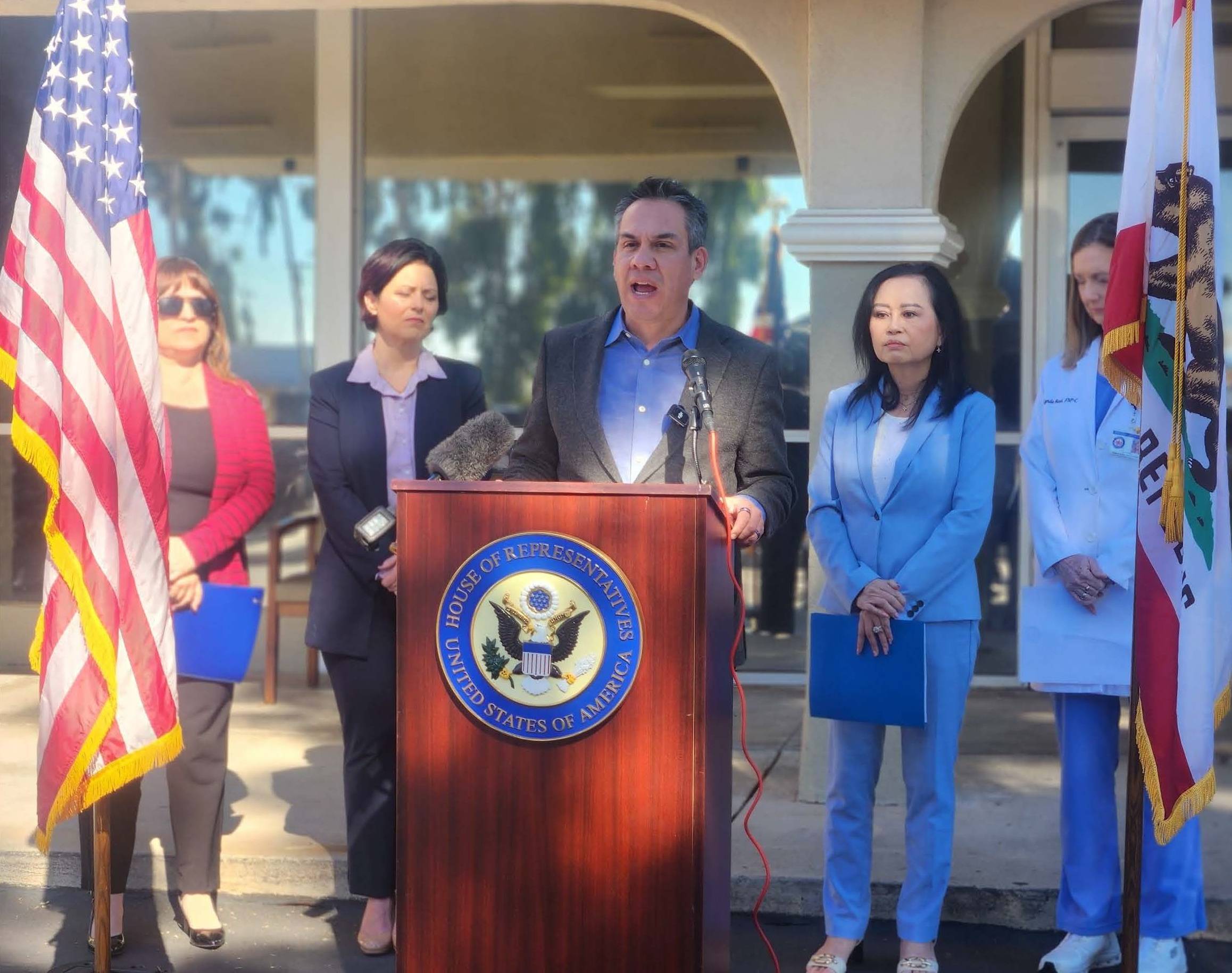San Bernardino County — The San Bernardino County Board of Supervisors unanimously adopted a $10.5 billion budget for fiscal year 2025-2026 during its June 10 regular meeting, prioritizing infrastructure upgrades, expanded services for homeless residents and increased investments in public safety.
The budget reflects the county’s strategy of fiscal prudence and community-focused spending, said Chief Executive Officer Luther Snoke.
“Prudent budgeting leads to reduced volatility, which leads to stable community services,” Snoke told the board during the budget presentation. “We are sustaining services while investing in long-term solutions.”
Among the most notable allocations are multi-million-dollar investments to combat homelessness and expand behavioral health facilities.
Item 37 on the agenda approved a Capital Improvement Program project for Phase III of the Pacific Village Platinum Campus.
The expansion will add beds for substance use disorder treatment on seven county-owned acres spanning the Third and Fifth Districts.
“This is going to build out this facility and continue to address the issues of homelessness and substance use disorder, which is a great thing,” said Supervisor Joe Baca, Jr., who praised the collaboration with Congressman Pete Aguilar for securing $2.5 million toward improvements in the Little Third community.
In addition, the board approved the acquisition of two hotels, one in Colton and another in San Bernardino, as part of a plan to repurpose them for transitional housing and services for the unhoused.
Supervisors emphasized the county’s careful spending approach amid rising homelessness statewide.
“We’ve been very methodical about our spending,” Baca said. “Many people were just spending money recklessly. I want to thank Supervisor Hagman and our team for focusing on good financial investments.”
The meeting also highlighted investments in emergency response infrastructure. A combined $500,000 in discretionary funding was allocated to the San Bernardino Police Department for its drone program, alongside $50,000 for Mary’s Mercy, a nonprofit conducting Catholic-based homeless outreach.
Flood control remains a pressing concern, and the board earmarked $87.5 million for related improvements.
Planned projects include upgrades to the San Antonio storm drain and Ontario Grove Basin storm outlet.
An additional $12 million is allocated to improvements at Chino Airport, including an entryway project supported by the City of Chino.
Fourth District Supervisor Curt Hagman outlined $8.4 million in district-specific projects, such as $3.6 million toward Prado Park Sports Park upgrades and $7 million for public works transportation initiatives.
Chair Dawn Rowe raised the issue of rising insurance premiums, prompting Snoke to address growing concerns.
According to Snoke, the county is facing a 33% increase, or roughly $13.1 million, in insurance costs across liability, workers’ compensation and medical malpractice.
“This is not unlike what our residents are experiencing,” Snoke said. “The insurance market is becoming more challenging, with fewer insurers in California due to litigation and rising claim costs.”
During public comment, speakers addressed concerns ranging from child welfare system reform to employment transparency.
Veteran Carlo Alcazar criticized due process violations in child custody cases, calling for greater accountability within Children and Family Services.
Another speaker questioned employment contract decisions for Fifth District Chief of Staff Jessica Andalon and requested clearer job descriptions.
Supervisors also recapped their recent community involvement, including graduations across Fontana and Upland, the Fire Ops 101 training, and the Fontana Days Run. They emphasized their commitment to transparency, safety, and service.
As the fiscal year begins, county leadership says they remain focused on long-term planning while navigating rising costs and community demands.
“We’re here to serve,” said Supervisor Baca, “and this budget reflects that mission.”
Chair Rowe announced that the next regular board meeting, originally scheduled for June 24, has been canceled.
Instead, a special meeting will be held on June 18. The board will go dark for the month of July and resume its regular schedule on August 5 at 10 a.m.







